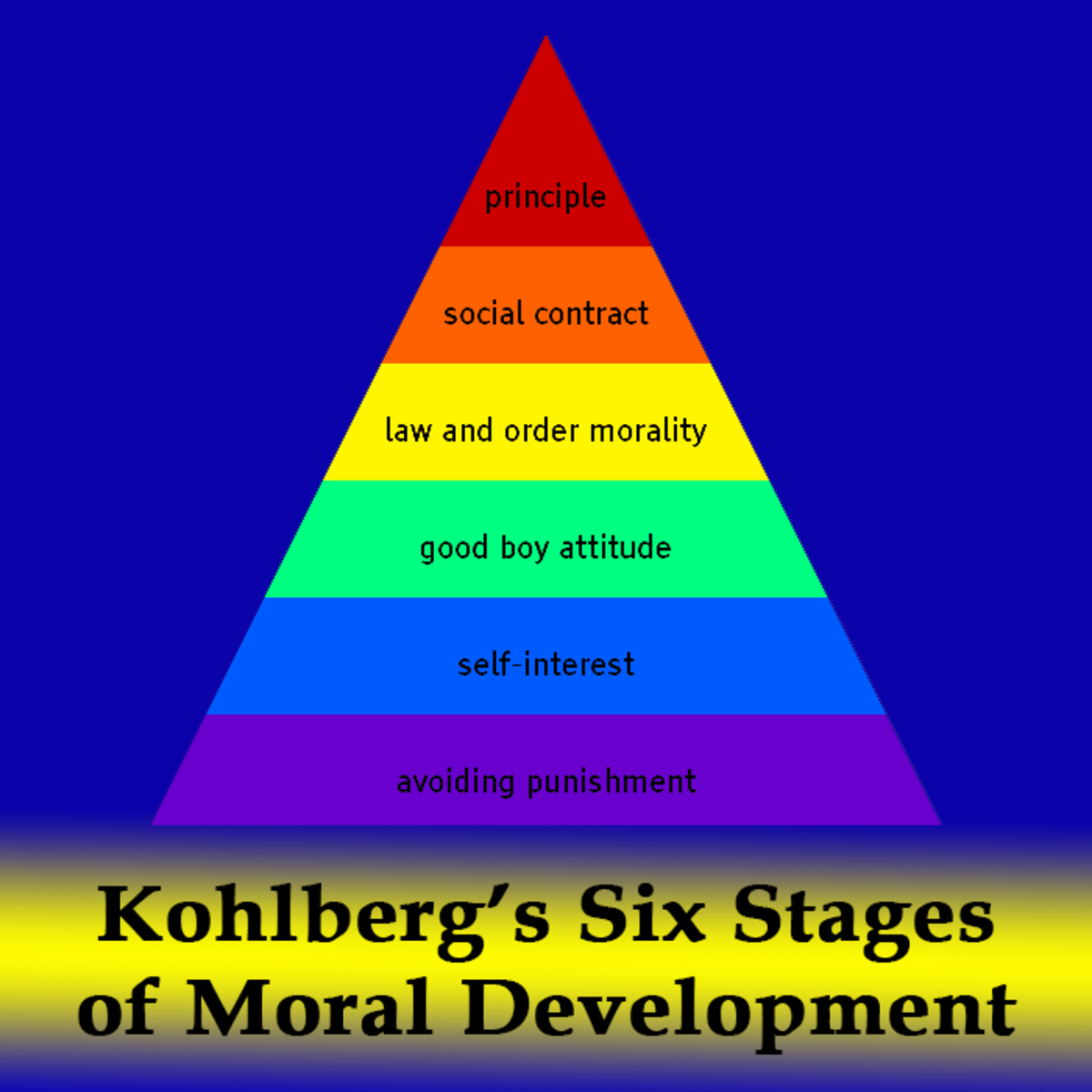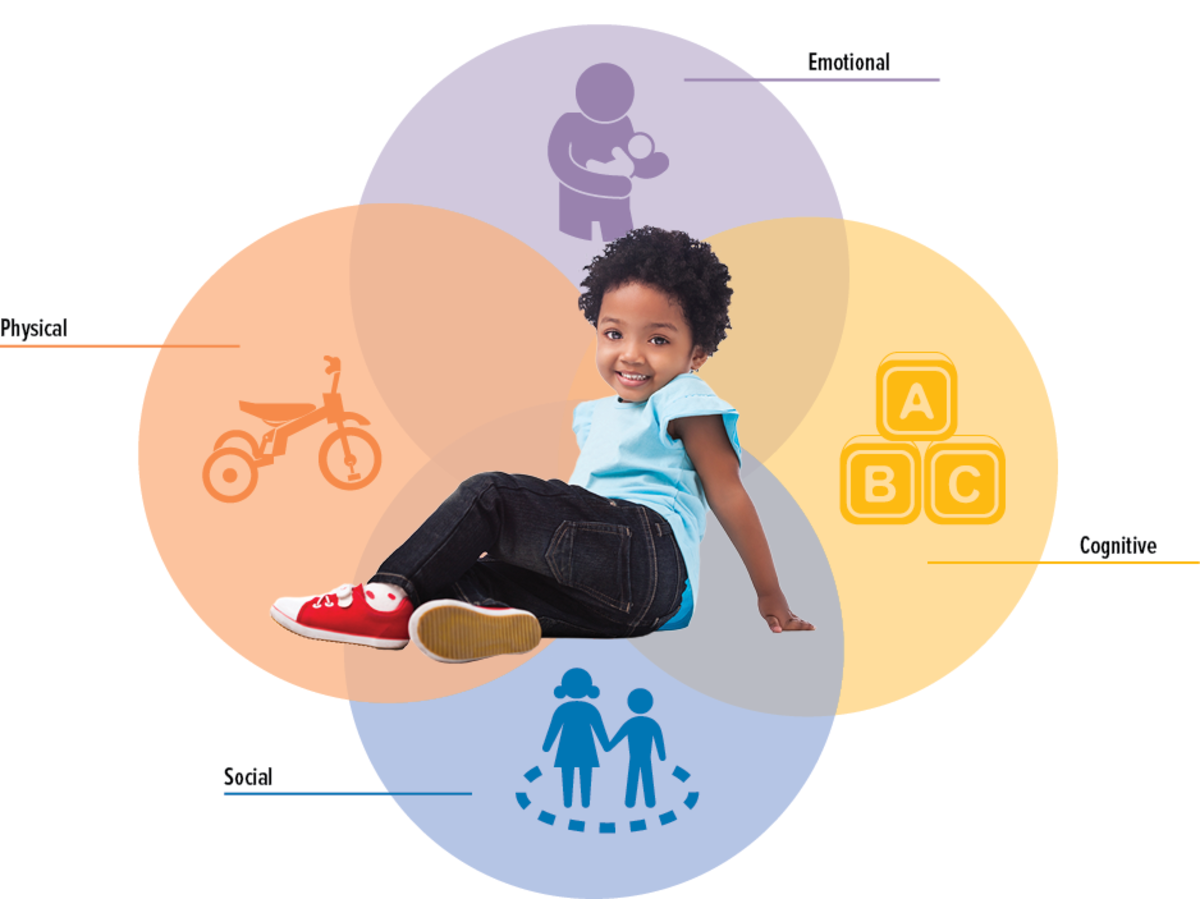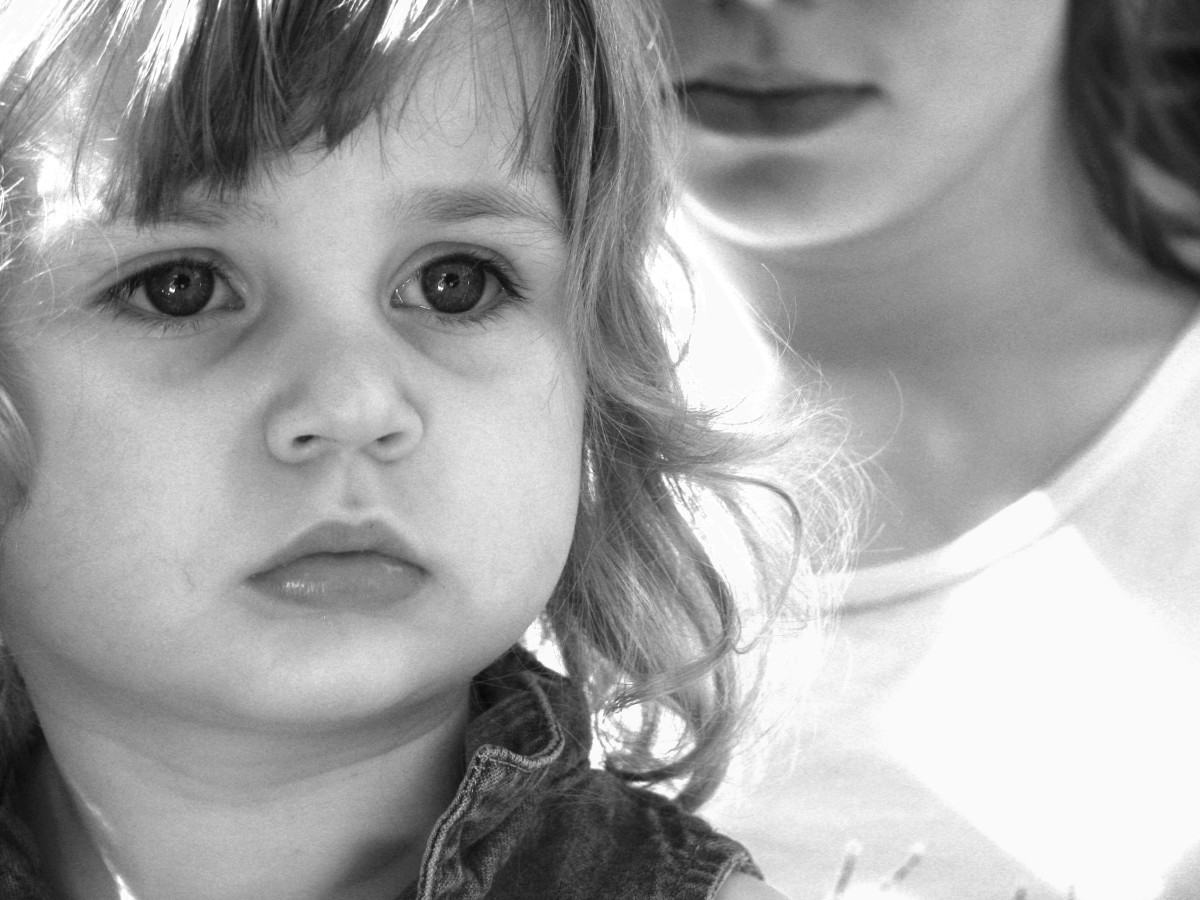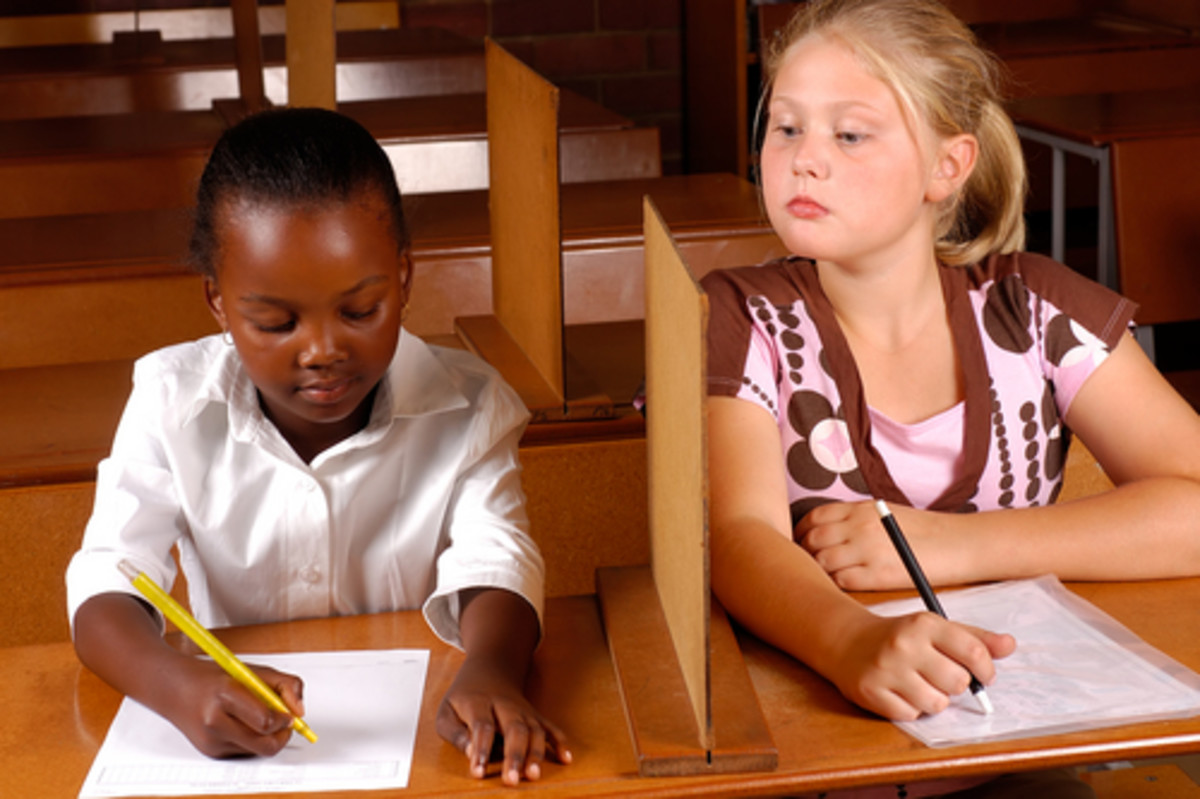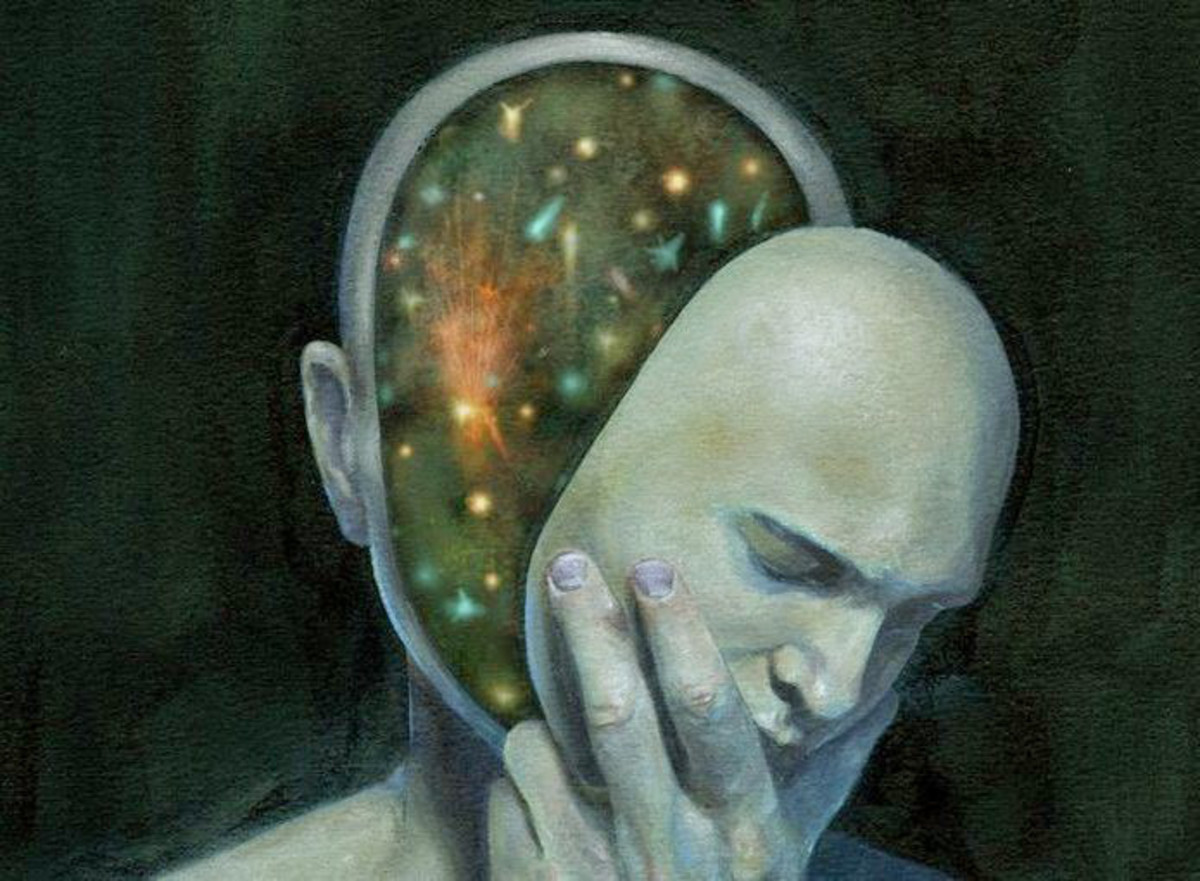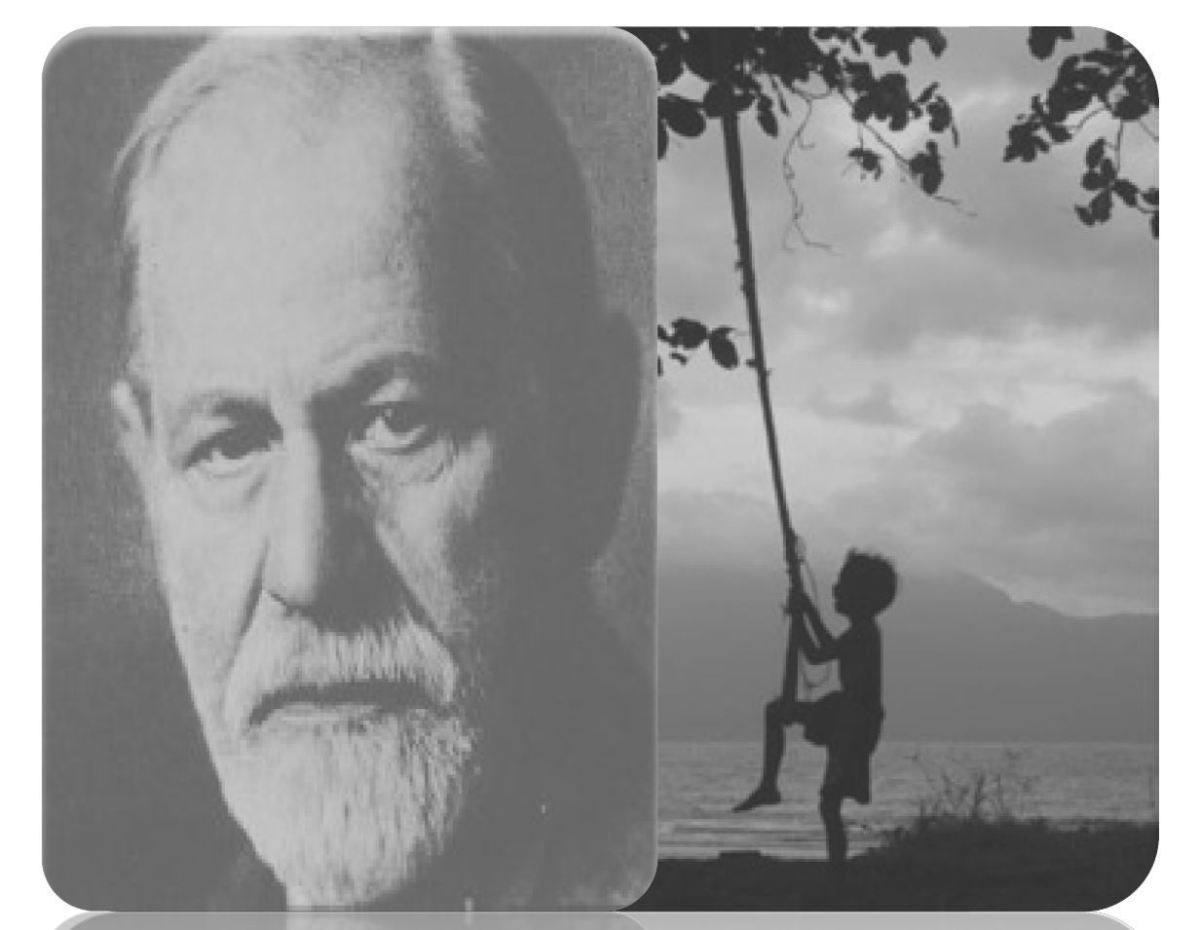Moral Development
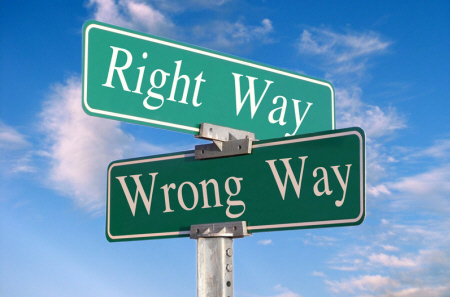
Identify two main themes of moral development in early adulthood or transition into adulthood. Discuss factors that can foster prosocial behavior as well as positive moral development and character formation. What factors are likely to promote antisocial behavior? Identify a reason that adult antisocial behavior is considered different than it is at younger stages.
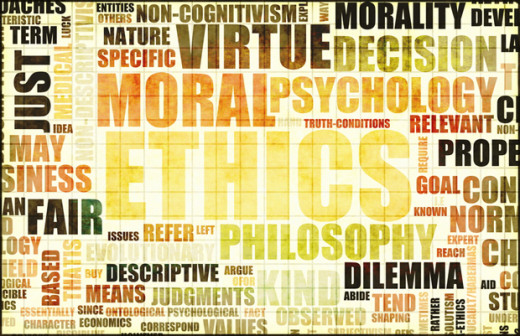
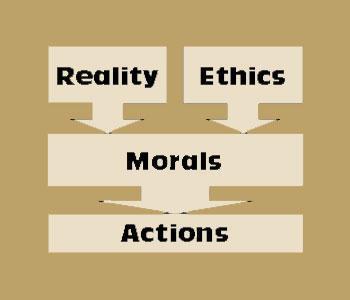
“Moral development involves changes in thoughts, feelings, and behaviors regarding standards of right and wrong” (Santrock, 2012, p. 408). Jean Piaget and Lawrence Kohlberg both created their own theories on moral development. Jean Piaget theorized that children go through two different stages of how they think about morality; first children display heteronomous morality and then as the children age their morality develops into autonomous morality (Santrock, 2012, p. 408). An example of this would be a child in the first stage not realizing that running a stop sign is wrong unless there is an immediate consequence like getting a ticket from a police officer; a child in the second stage would understand running a stop sign is wrong regardless of whether he or she was caught and given a ticket. According to Jean Piaget the main theme of moral development is reciprocity and that once it has been reached moral development is complete; the ideal reciprocity is a kind of fairness beyond simple reciprocity that includes consideration of other people’s best interests (Oswalt, 2014). Lawrence Kohlberg theorized that there are six stages of moral development that all people go through; heteronomous morality, individualism, instrumental purpose and exchange, mutual interpersonal expectations, relationships, and interpersonal conformity, social systems morality, social contract or utility and individual rights, and universal ethical principles (Santrock, 2012, p. 411). Jean Piaget and Lawrence Kohlberg both believe that the two main themes of moral development in early adulthood are cognitive growth and social interactions with equals.
Prosocial behavior is when an individual motivated by altruism cares about the welfare and rights of others, feels concern and empathy for them, and acts in a way that benefits others (Santrock, 2012, p. 423). Examples of prosocial behavior include: volunteering, sharing toys, sharing treats, or sharing food without the requirement of a reward of reciprocity (Knafo, Weiner, & Dubrovsky, 2009). Prosocial behavior can be fostered in children through positive peer and parent interactions. For instance, parents can teach their children to play games that require sharing, they can take their children with them when they volunteer, and parents can show their children how to exhibit prosocial behavior by setting a good example (Revermann, 2014). Children who have healthy interaction with peers that engage in prosocial behavior are likely to foster the same behaviors in themselves to fit in. Prosocial behaviors can lead to an increase in positive moral development and character formation.
Antisocial behaviors are disruptive acts characterized by covert and explicit hostility and intentional aggression toward other people (Antisocial behavior, 2014). Some examples of antisocial behavior are aggression against family and peers, sneaking, lying, secretly destroying property, verbal abuse, theft, drug and alcohol abuse, aggressive actions against property, noncompliance, vandalism, bullying, and fire-setting (Antisocial behavior, 2014). Antisocial behavior develops in the context of coercive social interactions within the family, community, and educational environment; it can be influenced by the child's temperament, cognitive ability, the level of involvement with deviant peers, exposure to violence, and deficit of cooperative problem-solving skills (Antisocial behavior, 2014). Antisocial behavior can be promoted by parental history of antisocial behaviors, parental alcohol and drug abuse, unstable home life, the lack of good parenting skills, the use of corporal punishment, parental disruption, parental psychiatric disorders, and/or economic distress from poverty and unemployment (Antisocial behavior, 2014). As adolescents transition into adulthood their rates of delinquency and crime do change based on recent analyses; it has been shown that theft, property damage, and physical aggression decrease from 18 to 26 years of age (Schulenberg & Zarrett, 2006). Antisocial behavior in an adult is different as the likelihood of undoing the embedded antisocial behaviors is smaller because the adult is more set in his or her ways than a child is. Antisocial behavior in an adult can lead to incarceration in an adult prison instead of a juvenile delinquency center.
References
Antisocial behavior. (2014). Retrieved December 4, 2014, from http://www.healthofchildren.com/A/Antisocial-Behavior.html
Knafo, A., Weiner, M., & Dubrovsky, I. (2009, December 23). Prosocial Behavior. Retrieved December 4, 2014, from http://www.education.com/reference/article/prosocial-behavior/
Oswalt, A. (2014, January 1). Piaget's Theory of Moral Development (C. Zupanick, Ed.). Retrieved December 4, 2014, from http://www.sevencounties.org/poc/view_doc.php?type=doc&id=41173&cn=1310
Revermann, S. (2014). How to Influence Prosocial Behavior in Children. Retrieved December 4, 2014, from http://everydaylife.globalpost.com/influence-prosocial-behavior-children-4821.html
Santrock, J. (2012) A Topical Approach to Lifespan Development. (6th ed) (2012). Boston New York: McGraw-Hill
Schulenberg, J.E., & Zarrett, N.R. (2006). Mental health during emerging adulthood:Continuities and discontinuities in course, content, and meaning In J.J.Arnett & J. Tanner (Eds.), Advances in emerging adulthood. Washington, DC: American Psychological Association.
Moral development is another process which encompasses thoughts, behaviors, and feelings. It refers to how a person thinks, behaves, and feels about right and wrong. Favorable moral development paves the way for prosocial behavior and social conventional reasoning. These individuals develop empathy and perspective-taking, interpersonal connectedness and communication, concern and care for others’ welfare and rights, and capacities for behaving in ways that keep others’ well-being in mind and maintain the social conventions or organization. When pathways are unfavorable, disturbances may arise which can range in higher severity levels from conduct disorders to antisocial behavior in children. If this persists into adulthood, an individual may demonstrate characteristics of antisocial personality typologies. Risk factors for development of these disturbances include genetic predisposition (e.g., difficult temperament); ineffective, inconsistent, permissive, and punitive parenting styles; and violence exposure (e.g., within the family or community).
Sigmund Freud asserted that children internalize their parents’ standards of right or wrong through identification with them. He formulated that avoiding feelings of guilt and anxiety and a desire to preserve parental affection is what lays the foundation of moral behavior. Societal norms and values are seen as being reflected in parents’ behaviors or standards, from which the superego, or “moral compass,” develops. Social cognitive theorists illustrate the role cognition plays in mediating the environment and behavior within a moral context. For instance, Albert Bandura stressed the role of self-regulation in positive moral development. He asserted that through self-regulation, an individual is better equipped with tools to monitor behavior, maintain awareness of moral standards, and modify behavior in accordance.
Piaget was the first to develop distinct stages of moral development, and Kohlberg went on to develop six stages of moral reasoning. Though in very different ways, Piaget’s and Kohlberg’s theories describe moral development as progressing from a focus on external factors (e.g., consequences or punishment) and rigidity to 1) more internal or intrapersonal factors and 2) variability or flexibility in moral reasoning and judgment. Both theories also propose that development of morality or moral reasoning occurs through universal stages that are not particularly affected by relational or environmental influences.
As will be discussed in this module, more recently developmental psychologists have shown that this is not necessarily the case, and instead the role that relational (e.g., parents) and sociocultural (e.g., religion) factors have in these developmental processes is emphasized.
Relationships with parents as well as interactions with others in sociocultural contexts, such as at school and with peers, contribute to children’s moral development, and the quality of those relationships can promote a more positive or negative trajectory. For instance, religion and spirituality also instill values and morals that guide individuals of all ages in pathways of moral and conscience development. Positive relational and sociocultural affiliation fosters greater resiliency to stressful and difficult circumstances and sense of meaning as well as higher levels of satisfaction, self-esteem, and optimism. Each of these factors promotes prosocial development as well as defuses maladaptive moral development or antisocial outcomes. As Frankl and others in the field have proposed, people of all ages are able to cope more effectively and develop more favorable moral principles when they have a sense of meaning and purpose in life.
References
Santrock, J. W. (2011). A topical approach to life-span development (6th ed.). New York, NY: McGraw Hill.

